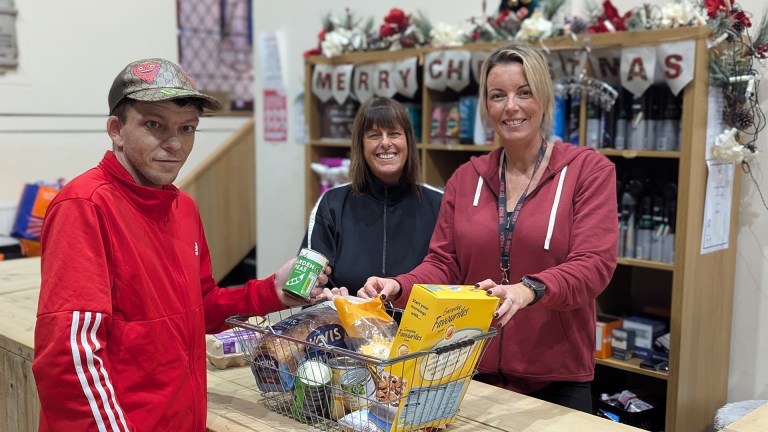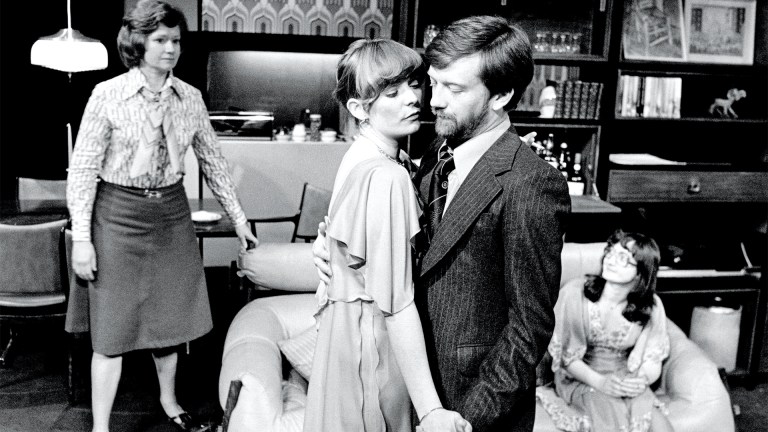Mealtimes might seem like a mundane activity; something we do to fulfil our biological needs. Yet eating in groups is one of the most fundamentally human activities that we undertake. Sociologists and historians agree that the more everyday something seems, the more powerful it is. We need that activity so much that it becomes completely normalised. Eating together at mealtimes transmits our culture and values. It reflects social status and social connections, and demonstrates nurturing, care and community. Eating dinner together is like a social glue holding us together.
But there is growing evidence to suggest that we are experiencing a disconnect from the deeper benefits of the mealtime. Food insecurity and challenges in accessing affordable, suitable food is reinforced by rising costs and record levels of fast, ready and takeaway meal consumption, which contributes to the blight of poor health.
- ‘Food is expensive’: How free community meals have become lifelines for people struggling to survive
- Community meals and workers’ rights: What happens if councils seize Deliveroo and Uber Eats’ ‘ghost kitchens’?
- ‘This is the dream’: These Londoners built their own homes to beat sky-high house prices
Mealtimes are becoming a challenge. Food is often eaten at a desk, alone, or in the street instead of being eaten together at a table as part of dinner. The seeming decline of this social phenomenon signifies the loss of opportunities for bonding and social connection and the diminishment of shared values and conventions – a manifestation of a social system that seems to be coming apart at the seams.
Still, we have evolved to eat together. Put food on the table and people will gather around. When times are difficult, we return to what matters. During the recent pandemic, aside from the more obvious focus on health, research revealed that the two ‘currencies’ which became socially valuable were food and social contact. We all have our stories of our favourite meal, a memory of a get-together around food, and a mealtime can be an easy way of kickstarting conversations and common ground. The significance of the mealtime should not be underestimated.
One response to our current malaise then, might be the reintroduction of public canteens and communal dining in the UK, a call that’s gaining traction across the academic, charitable and public sectors. Traditionally, public canteens were places – whether in the workplace or in public spaces – where low-cost meals would be served in a communal setting.
Variously referred to as cafeterias, diners, public restaurants or social eating spaces – these models of large-scale mealtime provisioning all point to a time when the opportunity to eat together was seen as important.









